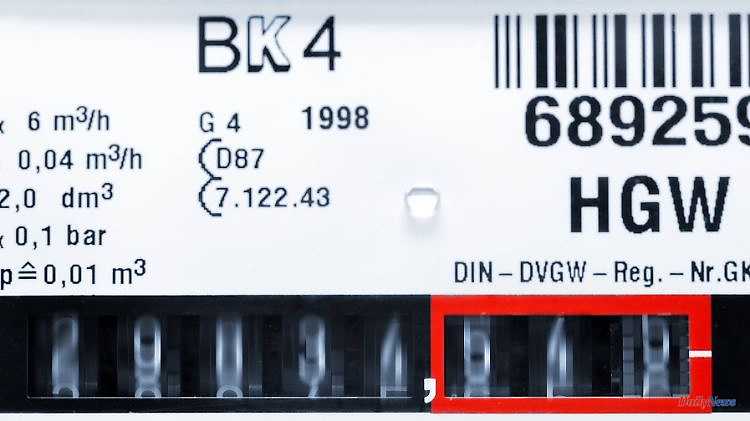March 5th is International Energy Saving Day - it's more important than ever. And spring is our chance to save a lot of energy in the household. Here are the expert tips.
It's getting warmer and warmer in spring, so we're going to turn off our heaters in the foreseeable future and save a lot of energy in one go. But there are even more simple and mostly free everyday tricks that can be used to live more energy-efficiently in the warmer months of the year. Arian Freytag, Head of the Construction, Housing, Energy department at the Mecklenburg-Western Pomeranian Consumer Advice Center, gives these tips:
1. The spring cleaning
Are you planning a spring cleaning and want to remove the dirty remains of winter from the window panes? Wonderful, you also save energy. "Because this means that more solar energy comes into the rooms, which they also heat up," says Freytag.
Another tip: Defrost your freezer. This is because they use more energy the warmer the air around them. So on warm spring and summer days they work much more at the expense of our wallets than on winter days. To compensate for savings, it is worth defrosting devices without automatic defrosting or no-frost technology regularly. Because: "Two millimeters of ice mean about ten percent more energy consumption," says Freytag.
2. Change thermostat settings
We still heat on many days. But the thermostat temperatures no longer have to be on the same setting every day. "Since the temperatures sometimes rise significantly during the day and the sun also heats the buildings, the inside temperature is maintained for longer, so I no longer have to heat as much," explains Freytag. So: just deliberately turn it down instead of letting the programmed settings run.
3. Set heating to summer mode
If you no longer need heating, you can turn the system a little further. If you have a heating system that also produces hot water, you should switch to summer mode if this does not happen automatically anyway. "If the hot water comes from somewhere else, I don't think there's anything wrong with turning off the heating completely," says Freytag.
4. Have the heating optimized
You now have a good six months to secure an appointment with a craftsman and have the professional get a little more energy efficiency out of the system. For example with a heating maintenance. "For example, it is checked whether the combustion chamber is clean, its seals are working and whether the system as a whole is in a condition that allows it to operate in the optimum working range," explains Freytag. "And regular maintenance extends the life of the system."
The non-profit advisory group co2online refers to average costs of 160 euros for heating maintenance in a single-family house and 150 to 200 euros for apartment buildings. Hydraulic balancing goes even further. The professional determines how much heat output is needed to heat the house. Based on this, the system settings are optimized.
5. Take advantage of the evening sun
It always stays lighter and warmer longer in the evenings. Then you can leave the curtains and shutters open longer and turn on the lights later. And for those who haven't done it yet: convert incandescent and halogen lamps in the lights to more economical LEDs.
6. Cook less
"A tip that maybe not everyone has on their radar when it gets warmer again: eat non-cookable food and don't use the stove for a while," says Freytag. "In winter, stews and soups, i.e. anything that warms you up, are great. But when it gets warmer, salads or cold dishes are more suitable so that you don't put additional strain on the body." And that also saves energy.
By the way: From now on you can of course let your laundry dry outside again instead of having to turn up the heating in the living room or use the dryer.












